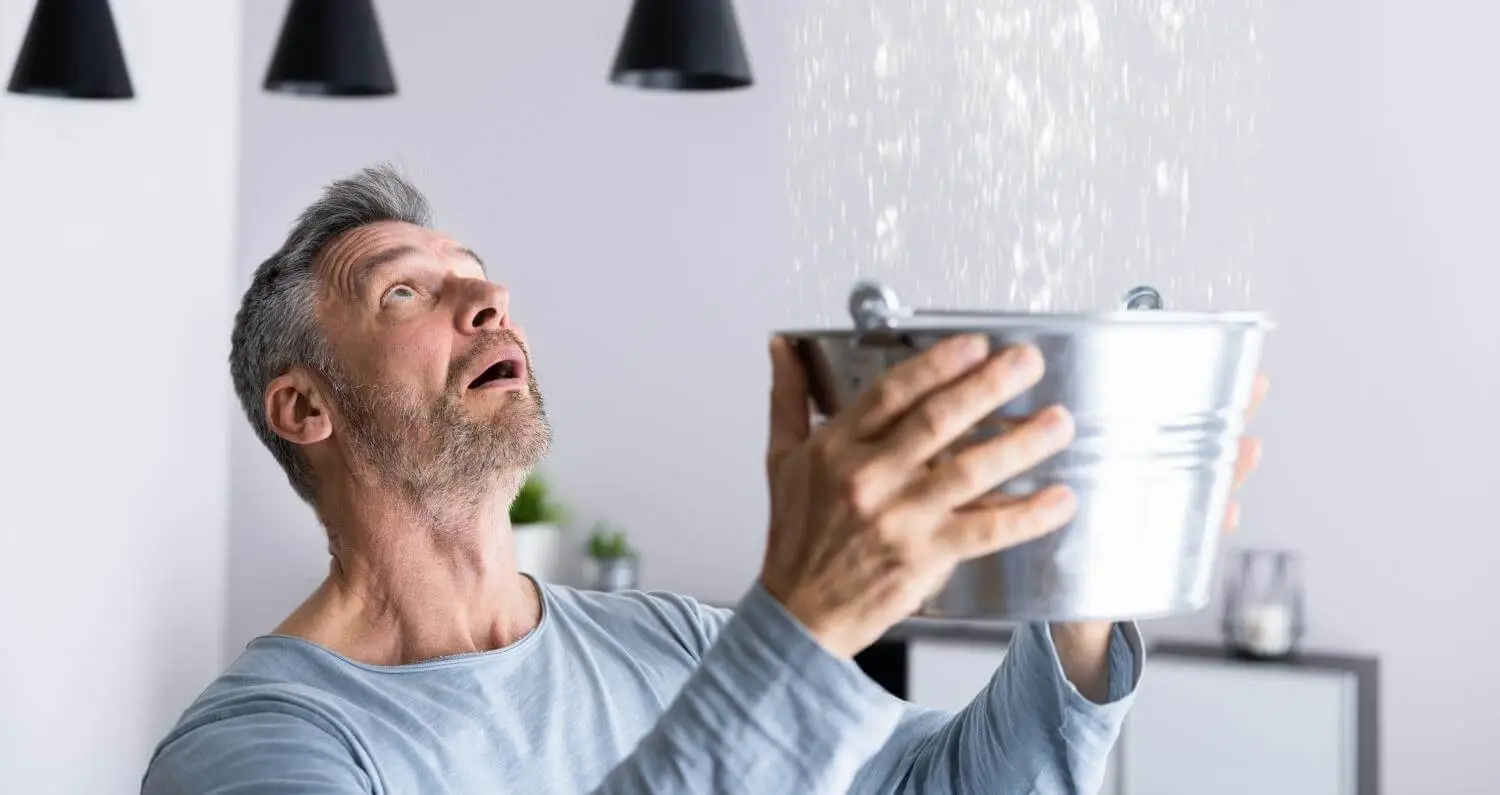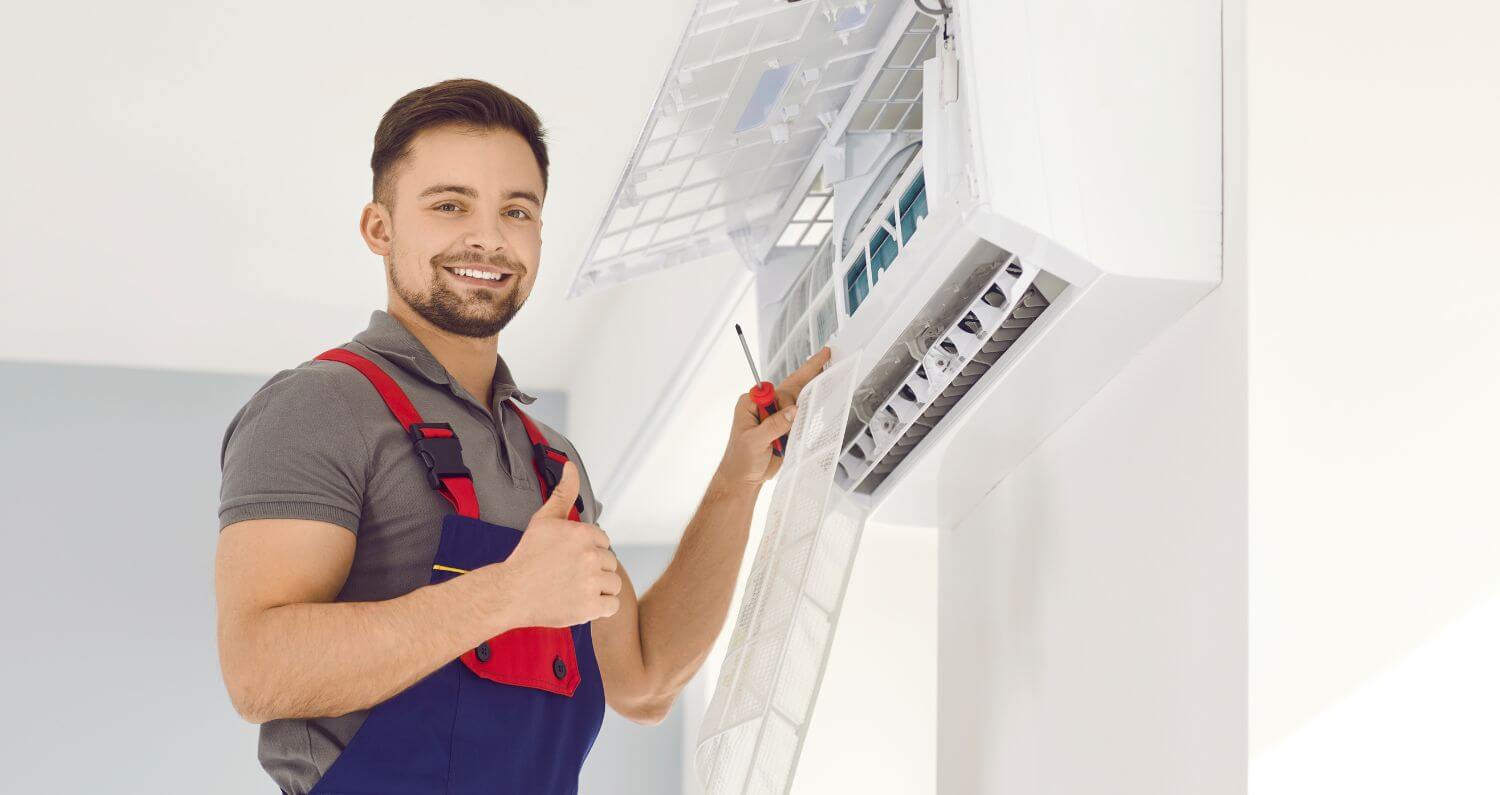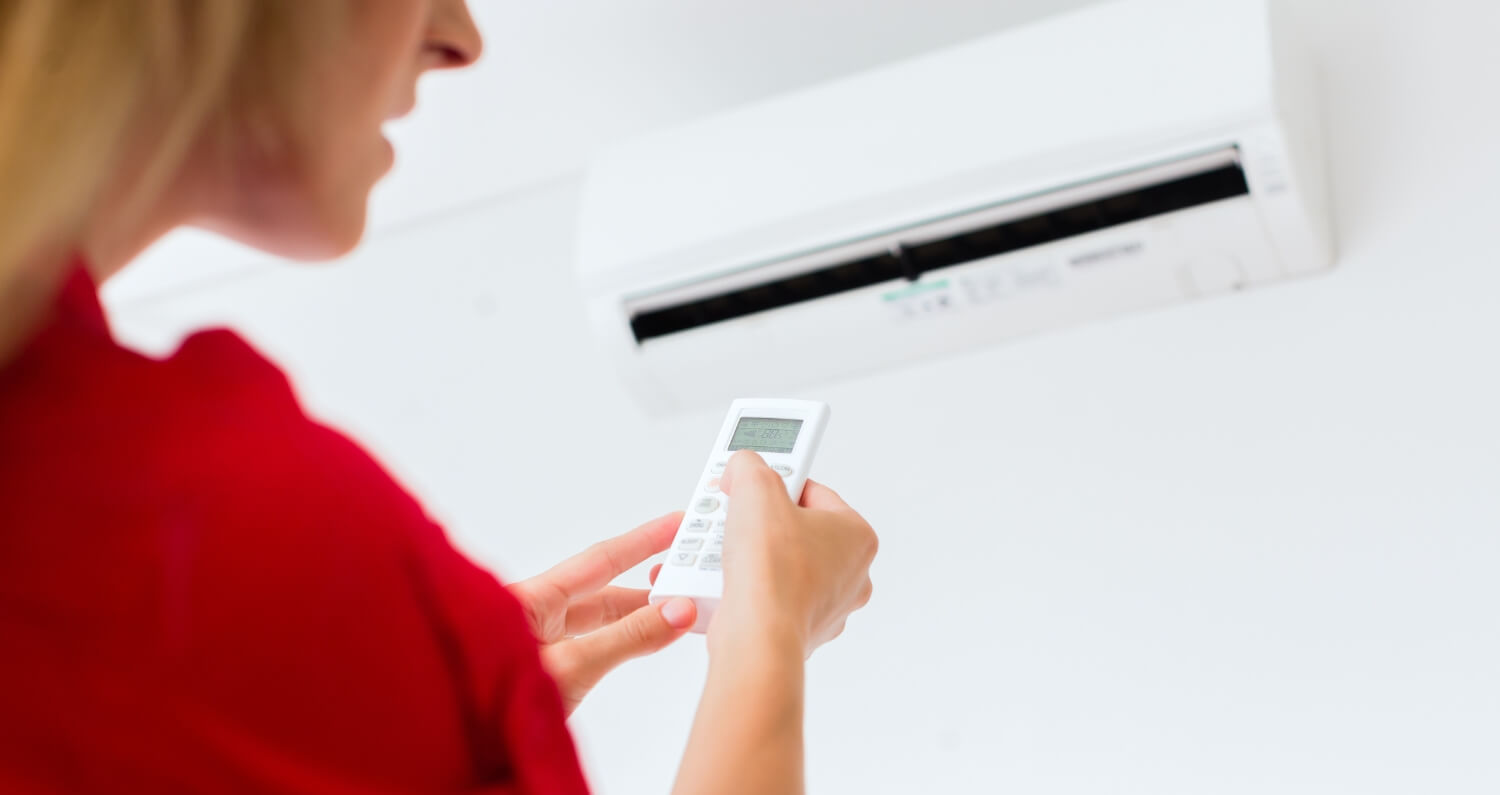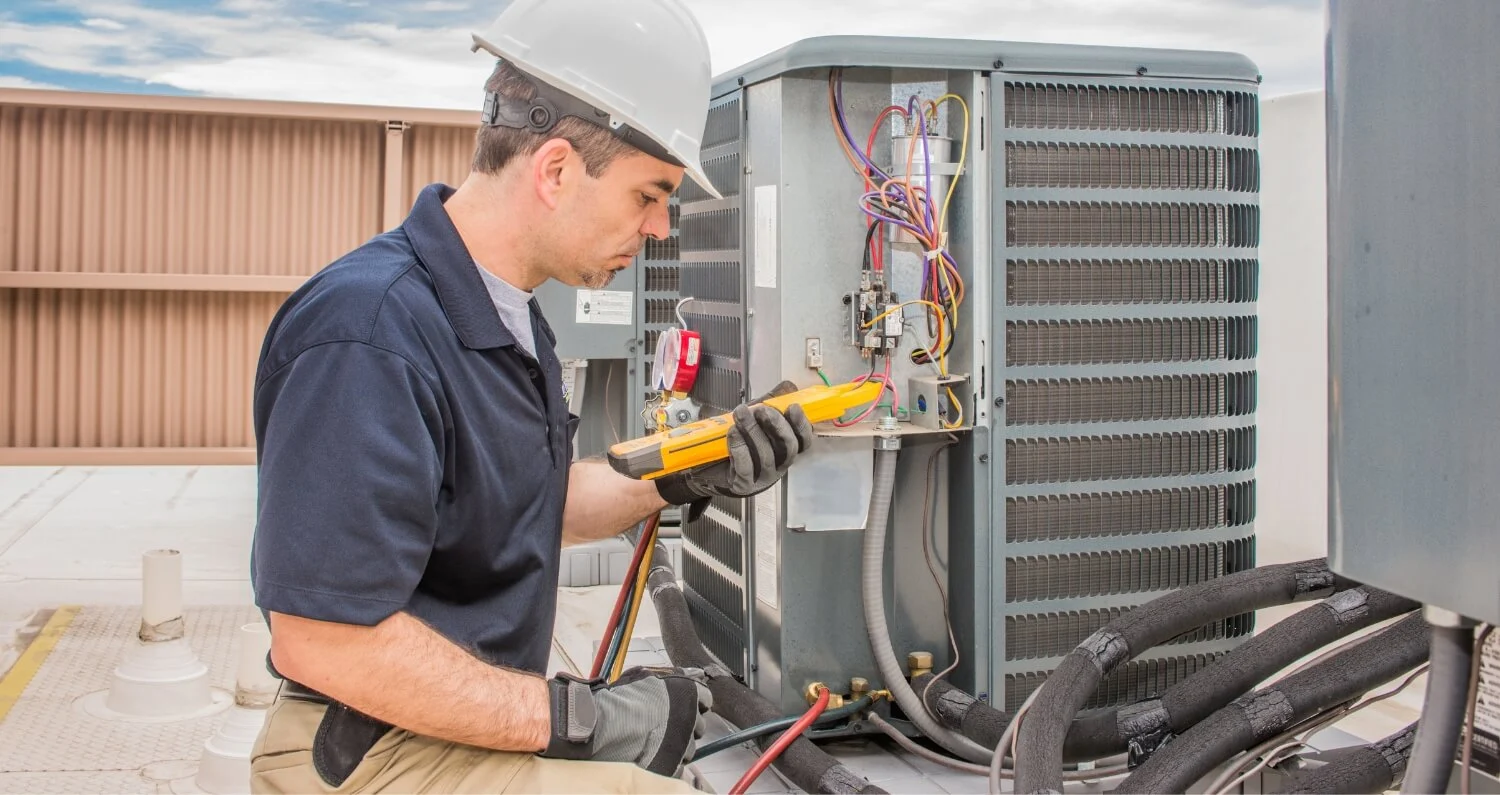Whether you live in a cold climate or have a vacation home, taking steps to prevent your pipes from freezing is a crucial part of your home maintenance when the temperatures drop and when it feels like Jack Frost has moved into your spare room.
Frozen pipes can eventually burst when left untreated, costing you thousands in plumbing repair costs and destroying your favorite taupe sectional from Crate & Barrel. Fortunately, you can eliminate your risk of becoming a victim of broken pipes and having a bad story to post on social media.
- What Causes Frozen Pipes?
Temperature drops can signal problems for many parts of a house, even if you have updated insulation and newer materials in place. The American Red Cross explains that water expands as it freezes, putting tremendous pressure on metal and plastic pipes in a matter of hours.
Pipes directly exposed to the freezing temperatures outdoors, such as sprinklers or swimming pool lines, are especially vulnerable due to a lack of insulation. Unheated parts of the home, such as uninsulated basements, attics, and garages, are also at risk and more susceptible to freezing. However, subzero temperatures can cause even interior pipes to freeze.
- What Can You Do to Prevent a Freeze?
Because exposed pipes are the most vulnerable, it’s essential to use additional insulation for plumbing in unheated parts of the home and exterior walls. Sleeve-type insulation can help keep interior pipes above 20 degrees F. Heat tape or heat cables can also be wrapped around pipes, so long as they are purchased from a reputable source and applied following the manufacturer’s instructions.
Try to account for outdoor pipes by disconnecting garden hoses and, when possible, draining exterior water lines, especially if the home is unoccupied for several days or weeks. If you plan to leave the home unoccupied in the winter, keep the thermostat set to at least 55 degrees F and consider asking a friend or neighbor to check on your house daily.
Keep the temperatures indoors set to the same temperature, day and night. This is when you can feel fancy and have an excuse to install a smart thermostat. During frigid temperatures, you can allow warm water to trickle from faucets, especially those along outside walls. It can also be helpful to open cabinet doors to keep heat circulating to pipes inside kitchens and bathrooms (yes, it’s possible you’ll forget you left the doors open and run into them at some point).
- Signs Your Pipes Have Frozen
There are a few red flags that confirm your pipes are officially frozen. If you’re used to looking for red flags in your relationships, then this part of the process should come easy. While the most obvious sign is a lack of water running from faucets, The Family Handyman documents a few other symptoms.
Look for obvious cracks, bulging, or condensation on pipes. Outdoor sewage lines can also freeze, which may be accompanied by an obvious smell.
Pipes can freeze overnight, meaning simply waiting for them to thaw is risky business. Even a small crack in a frozen pipe can cause hundreds of gallons of water to spew into your home, leading to structural damage and the potential for mold growth. While pipes do not always burst when frozen, ice can continue to build up, leading to a break that is guaranteed to be less magical than Disney’s Frozen film.
If you turn on your pipes in the winter and nothing comes out, it’s a sign you need the services of an emergency plumber.
- When to Call For Help
If you have frozen plumbing, leave the faucets turned on and avoid trying to thaw pipes using flames, which could pose a fire hazard. We assure you that frozen pipes are a lot easier to tackle than a fire outbreak, even if you’re looking for ways to stay warm. Again, prompt action can help prevent a break; you’ll want to turn off your water using the main shutoff valve as soon as possible.
However, sometimes even the best attempts at prevention can be thwarted by the weather. It’s still possible for a pipe to break or burst. At this point, contacting a plumbing repair professional may be necessary to prevent further damage.
continue reading
Related Posts
In the realm of home comfort, having a reliable HVAC
Spring is in the air, which means the temperatures are





